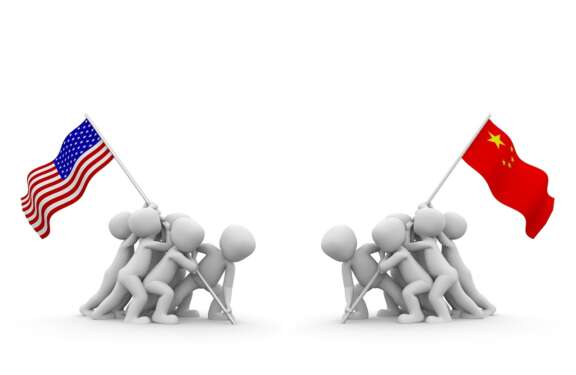Folktales and fairy tales alike carry stories of ordinary beings rising through superhuman ways to become extraordinary. The story of China’s rise to global dominance reads much like a fairy tale. Just a simple agrarian-based economy in the 1960s, it has grown to become a world superpower in less than a decade. This phenomenal growth
[elementor-template id="94265"]











